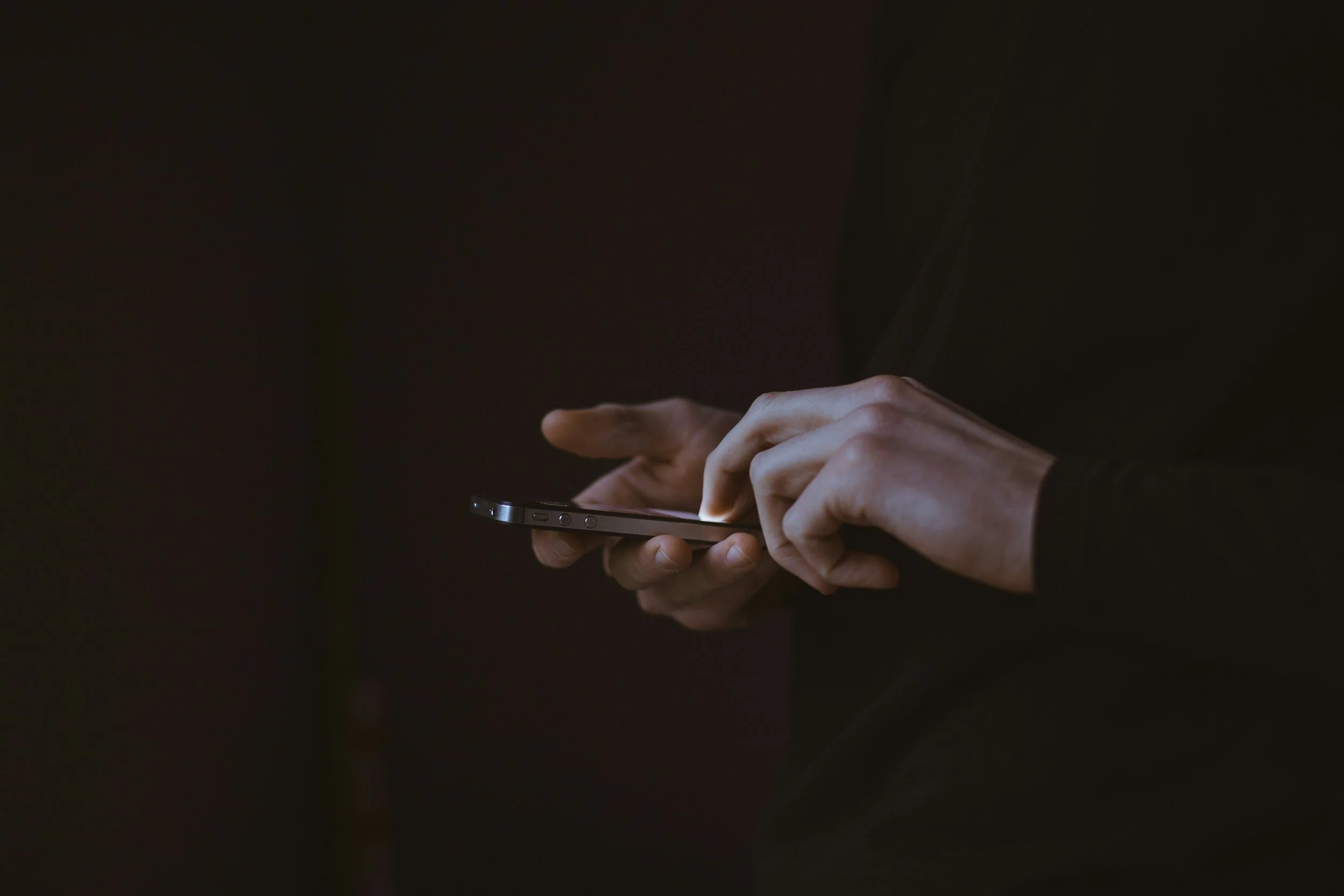Mental Health Meets AI: Arguments For and Against AI Chatbots
In a world increasingly shaped by digital innovation, artificial intelligence is beginning to play a visible role in mental health care. The idea of receiving counseling from a machine rather than a human being may once have seemed surreal, yet technology companies are actively developing conversational AI systems designed to offer emotional support and therapeutic guidance.
Advocates see these AI “therapists” as a bridge for millions who struggle to access traditional care. They can be available day and night, respond instantly, and potentially reach individuals in remote areas or those hesitant to seek help face to face. Others, however, view this rapid shift with growing unease, questioning what might be lost when human warmth and empathy are replaced by algorithms.
Potential Benefits of AI Mental Health Chatbots
Expanded Access
With an ongoing shortage of licensed mental health professionals, AI chatbots could offer support to people who might otherwise face long waitlists or no options at all.
Round-the-Clock Support
Emotional crises don’t follow office hours. AI chatbots can provide immediate responses at any time, offering a small measure of relief until professional help is available.
Affordability
Therapy can be costly. AI-driven tools could make mental health support more affordable, functioning as a lower-cost supplement to human therapy, especially for those with limited resources.
Privacy and Reduced Stigma
For some, speaking anonymously with an AI might feel less intimidating than opening up to a stranger, creating a gateway to seeking future human help.
Consistency
AI systems are not influenced by personal stress, biases, or fatigue, which may allow for more consistent emotional support, though not necessarily deeper understanding.
Ongoing Concerns and Ethical Dilemmas
Absence of Human Empathy
True therapeutic success often depends on empathy, attunement, and human connection, which are all qualities AI cannot genuinely replicate, no matter how advanced its language model becomes.
Data and Privacy Risks
Entrusting personal mental health disclosures to a digital platform raises serious concerns about data collection, storage, and potential misuse.
Potential for Harm
Without rigorous safeguards, chatbots can misinterpret distress, fail to recognize emergencies, or offer advice that worsens someone’s mental state.
Erosion of Human Roles
As AI systems evolve, there’s concern that reliance on them may devalue the human touch in therapy and reduce professional opportunities for trained counselors.
Lack of Standards or Oversight
Few regulations currently exist to ensure that mental health chatbots are safe, ethical, or clinically effective, leaving users largely unprotected.
Final Thoughts
As this technology evolves, its role in mental health care will continue to be debated. Many agree that AI may have a place as an adjunct or early access tool, but replacing the human element risks losing the very essence of therapy: genuine connection.
At Ideal Progress, we believe healing happens through human understanding. Our therapy is always conducted person to person by licensed clinicians who listen, care, and respond with real empathy. If you’re looking for online therapy in Maryland, you can get started here.
This information is for general educational purposes and is not a substitute for professional mental health care. If you’re struggling or have concerns about your well-being, consider reaching out to a licensed therapist or mental health professional. If you’re in crisis or thinking about harming yourself, contact your local emergency services or call or text 988 in the U.S. to reach the Suicide and Crisis Lifeline. Read our full disclaimer here.


